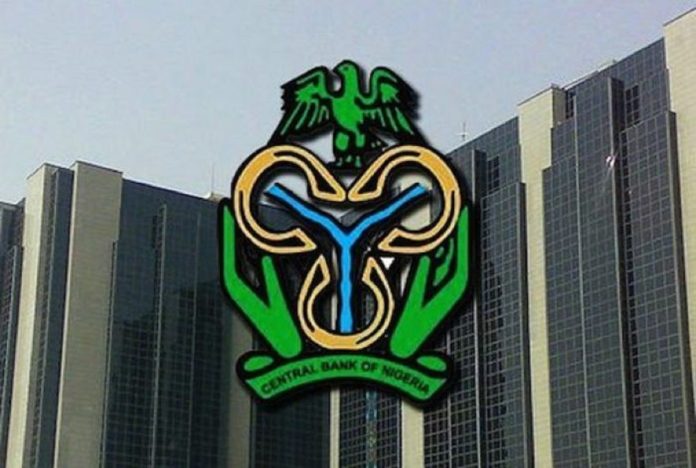The Central Bank of Nigeria (CBN) monetary policy rate tightening is expected to continue in 2024 due to a sustained rise in the headline inflation rate in the country.
Translating to a contractionary outlook, inflation fighting is expected to force interest rate hikes on Nigerians amidst economic uncertainties in 2024 as the apex bank resumes its bimonthly policy committee meeting in February, Marketforces Africa reported.
Ahead of the monetary policy committee schedule for February, analysts projected that the benchmark interest rate will likely increase further as the need to curb inflation speedily becomes expedient.
In part, the disruption to price stability was a result of policy somersault under ex-President Muhammadu Buhari and the subsequent wild goose-chasing inflation fighting policy deployed by the ex-CBN governor, Godwin Emefiele.
The price level has continued to worsen unabated following the Nigerian border closure in 2019. A move to drive local industries support without based infrastructure that gives producers a comparative cost advantage above imported was among misconceived policies ever implemented in the past few years.
“…we expect the CBN to raise the MPR to about 19.5% before December 2024 given the need to effectively manage inflation, mop up liquidity and raise interest rates to a level where long-term savers earn a positive return, while also being mindful of the FGN’s cost of borrowing”, Agusto Ratings said in note.
In its outlook for 2024, CardinalStone Partners Limited said CBN’s guidance and body language indicate a sustained tightening stance in the first half of 2024, suggesting higher fixed-income yields, which is positive for banks.
The effort of the CBN to rein in the 18-year high inflation drove interest rates to new highs in 2023, with pass-through to banks’ interest income and interest expense, according to the report.
However, analysts noted the net impact of the rising interest rate was positive, as the benefits from higher asset yields combined with a larger interest-earning assets base outweighed drags from higher cost-of-funds.
The CBN’s guidance and body language indicate a sustained tightening stance in H1’24, suggesting higher fixed-income yields, which is positive for banks.
Source: Marketforces Africa













